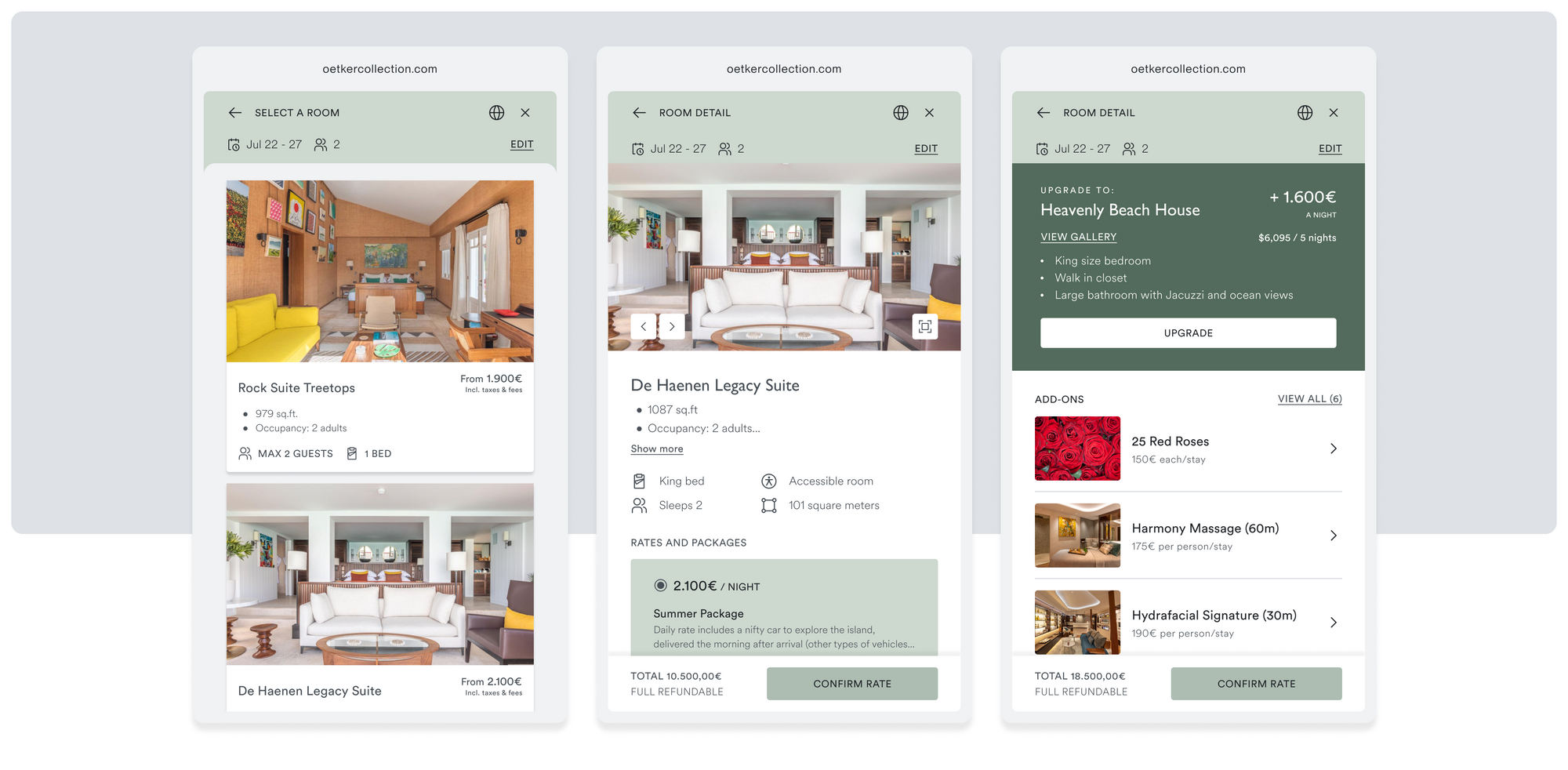The Founder and CEO of Selfbook, Khalid Meniri is shaking up the travel industry. With a background in app development for the likes of Moda Operandi, Harper’s Bazaar, and Unilever, the tech guru’s unique blend of analytical and design prowess has allowed him to generate some of the fashion and lifestyle industries’ strongest user experiences.
Moving from Algeria to New York City early in his career, Meniri first fell in love with streamlined design upon discovering the Apple Store. The rest is history – after starting out as a UX architect and designer, he eventually launched his first company, SixAgency, with the aim of improving e-commerce experiences for mobile.
“We didn’t want to just take a desktop experience and shrink it to the small screen,” Meniri shared. “We wanted to leverage the entire device. How do you load content in a clever way? How can you track user behavior, whether it’s explicit or implicit, to predict product discovery, and hence, implement machine learning?”
By observing user behavior and monitoring engagement, Meniri and his team were able to develop a sense of where exactly the gaps lay along the customer journey.
“Sites and digital experiences used to exist in silos,” Meniri explained. “You have a grid for discovery on one page, but then, if you want to transact, you are redirected to another page. It’s a very fragmented experience. The first thing you want to do is bring all of that together with a unified experience that is as seamless as possible for the end user. The second thing you want to do is reflect on the brand experience, because what you see digitally has to be parallel with the overall brand message so you can create a direct, continuous user experience.”
While fashion and beauty e-commerce players have been leading the pack in terms of creating intuitive online shopping experiences for their clientele, the hospitality industry has long stuck to old-school systems at the online purchase stage. Rather than attempting to carry the brand message through to the digital sphere, hotels focus on the in-person journey above all else.
“Travel is something that has lagged a bit, and it’s understandable because it relies on so many fragmented, archaic systems,” Meniri said. “If you look at Sabre, it was founded in the 60s, and they have not innovated for specific products such as payments.”
When Meniri’s team at SixAgency was experimenting with e-commerce, they built an award-winning app called Curatum, curating one personalized item a day. The concept was popular on the whole, but became particularly salient for its consumer base when the offering featured getaways and adventures as opposed to grooming products and clothing items.
“I wanted to mix up the offering and add in travel and experiences,” Meniri said. “We started noticing that engagement was about 70% higher when we featured travel experiences. However, conversions were nearly zero, because that was the only product where you had to leave the app and go to another website, which would then take you to another template to book. There were multiple steps involved, and if somebody booked a hotel, we had no idea if it was discovered on our app.”
After watching travel-related engagement numbers rise to no financial avail, in 2018, the team renamed the app SIX Travel and started looking for an API partner with a simple hotel booking function they could integrate into the app. With no existing option on the market, the team decided to build their own modern transaction engine by integrating with the Global Distribution System (GDS), through which the app eventually had 3,000 curated hotels on offer and was featured by Apple as App Of The Day for its effortless user experience and one-step booking capability with Apple Pay.
Despite its broad portfolio, it was challenging for the company to compete with Booking.com and Expedia. Compounded by the effects of the pandemic, the business moved towards democratizing its unique payment and transaction engine and improving the direct hotel booking process for all. From there, Selfbook was born.
“We pivoted from B2C to B2B to share the payment technology we had built to enhance the booking experience with the reservation systems hotels use, and relaunched as Selfbook,” Meniri shared. “Today, the industry still has that fragmented functional silo experience. You go to a hotel website, you hit book, and you get redirected to a form-heavy template that’s not secure.”
Selfbook is making lengthy, desktop-based booking processes a hassle of the past by empowering hospitality players to accept one-step payments and digital wallets such as Apple Pay and Google Pay directly on their websites, as well as capture bookings from their social channels with direct booking links. The forward-looking software drives direct bookings and, as a result, increases incremental revenues for hotels. What’s more is its ability to securely verify transactions and create a unified payment flow, including any add-ons such as spa services and breakfast, so customers can pay and book in a single, simple step.
By bridging the gap between modern, mobile-savvy travelers and hotels losing revenue to online travel agencies, the platform creates a seamless journey that never redirects customers nor detracts from the magic of planning a vacation.



